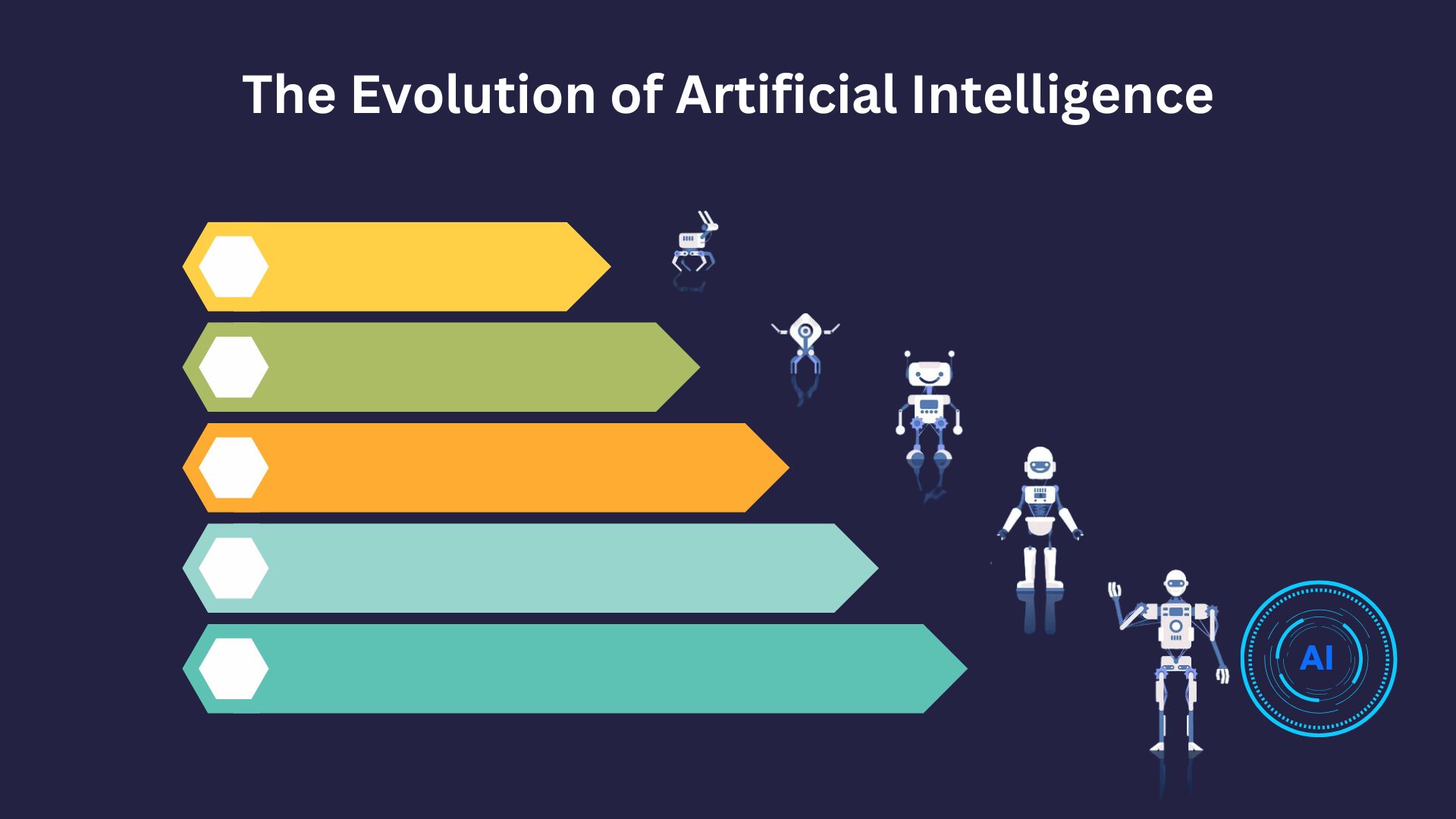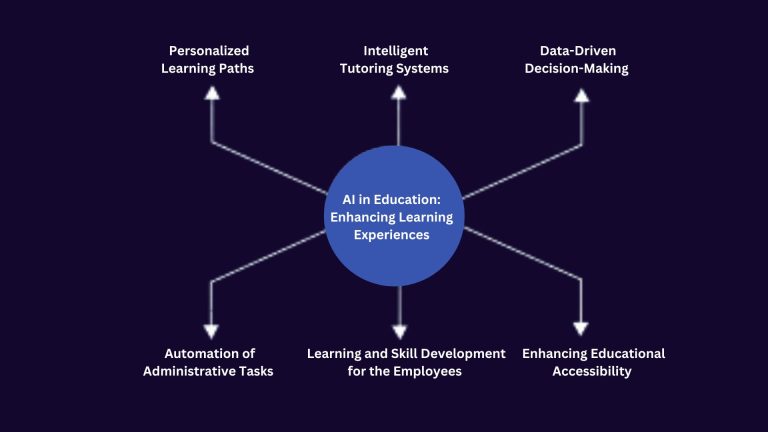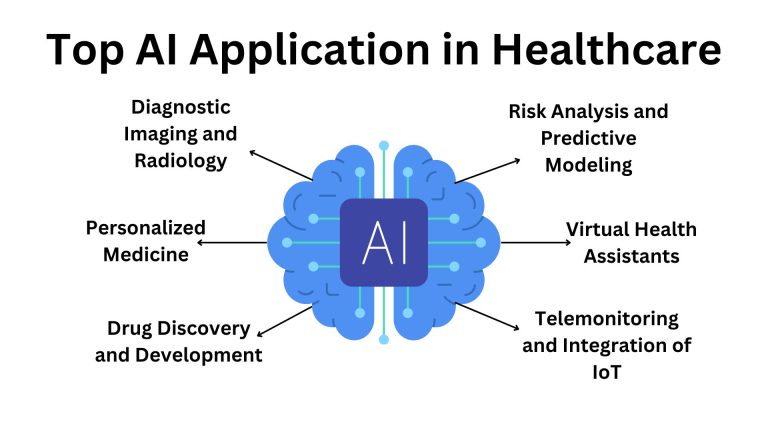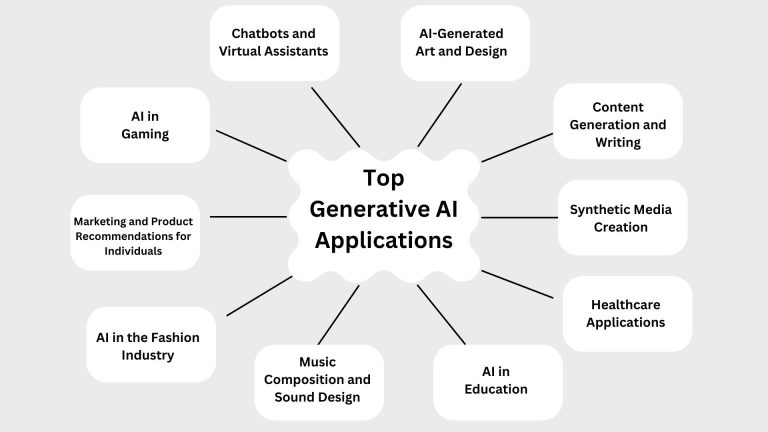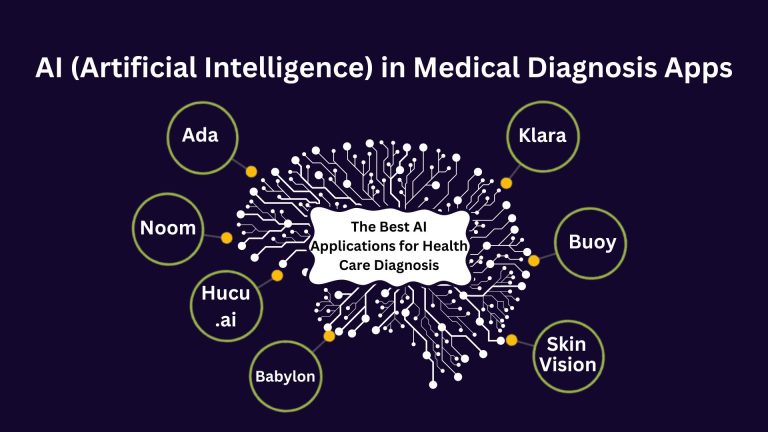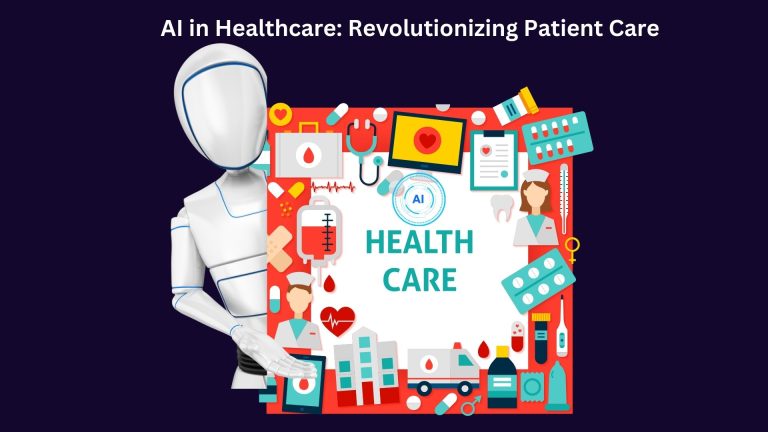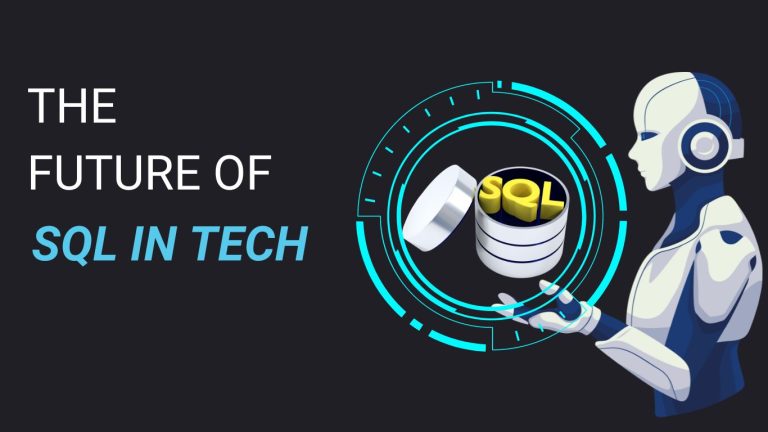Artificial Intelligence in 2024: Past , Present, and Future Trends and Predictions
Artificial intelligence has grown from a concept into a game-changer, transforming industries and everyday life in 2024. Its evolution tells a fascinating story of how far technology has come—and where it’s going next . AI ( Artificial Intelligence )has traveled a long way from its inception, moving from being purely a concept in sci-fi to being a real technology that is modernizing economies and lives across the globe. Owing to the development of machine learning, natural language processing and computer vision, AI is no longer a concept of the future but of the present and the future. Artificial Intelligence is a reality in the modern world, which changed many industries and the way people interact with technologies. It has come a long way from its conceptual phase to the current level of development from rule-based systems to deep learning and neural networks. Milestones like IBM’s Deep Blue defeating world chess champion Garry Kasparov and the introduction of smart personal assistants like Apple’s Siri and Amazon’s Alexa have only made the world realize the pace at which Artificial Intelligence is advancing. Thus, in the context of the rapid development of AI, nations need to focus on financing research and development, the dissemination of innovation, and the development of human capital that is capable of realizing the benefits of Artificial Intelligence . Here we will discuss future trends and predictions about Artificial Intelligence
This article reviews the Evolution/history of Artificial Intelligence from its theoretical roots to the present where it is a driver of some of the most transformative technologies.
Timeline of Artificial Intelligence Evolution – Artificial intelligence History
In 1943, Warren McCulloch and Walter Pitts published a groundbreaking paper titled “A Logical Calculus of the Ideas Immanent in Nervous Activity,” laying the foundational groundwork for neural networks, which are now integral to modern artificial intelligence.
1950s: “Alan Turing” proposed the Turing theory in his writing known as “Computing Machinery and Intelligence”. Also, “Isaac Asimov’s” ‘Three Laws of Robotics’ provided principles for the ethical treatment of robots, which are still relevant to the topic of Artificial Intelligence ethics. “Claude Shannon”, in his work “Programming a Computer to Play Chess”, is credited for the use of computers in game playing and artificial intelligence.
1956: During the Dartmouth Conference, Artificial Intelligence was formally defined as a subject of study, it is the official birth of AI.
The 1960s-1970s: Initial focus of Artificial Intelligence was on problem-solving and symbolic approaches and was faced with issues like the “frame problem”.
1980s: The development/emphasis was made on machine learning as a new approach to artificial intelligence and leaving behind the rule-based systems.
2000: The mainstream use of Artificial Intelligence was further propelled by Geoffrey Hinton who made deep learning more popular/prevalent.
2010-2020: This period has seen the emergence of enhancements in Artificial Intelligence systems such as AlphaGo and the GPT series.
Artificial Intelligence Evolution in graph
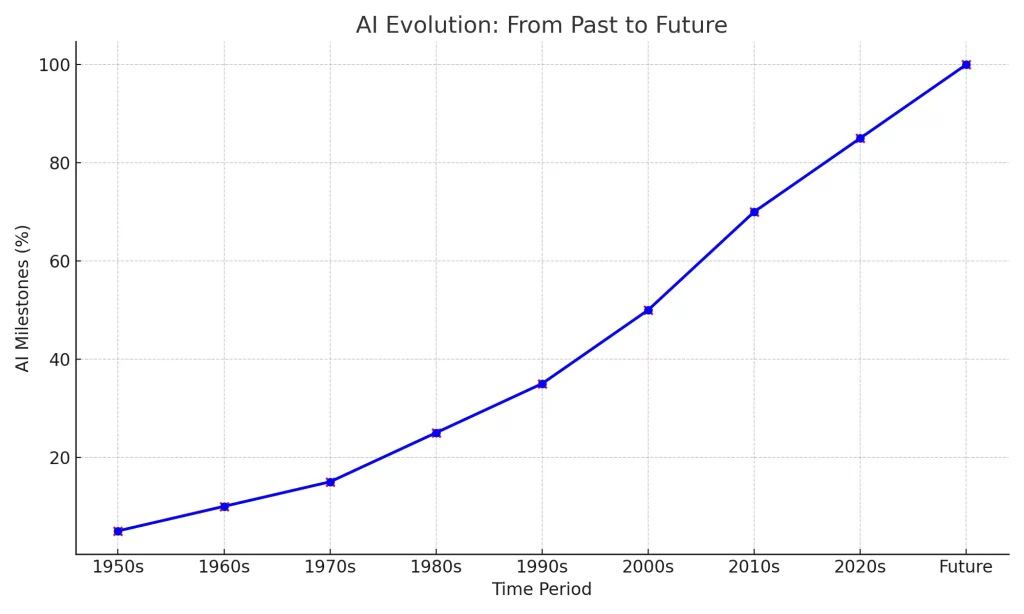
From Rule-Based Systems to Machine Learning
Initially, Artificial Intelligence development was mainly focused on rule-based systems, in which all possible cases were programmed into the system. Now AI systems can learn from data and make predictions without the programmers’ involvement, which is made possible by machine learning algorithms. This evolution greatly enhanced the AI potential, consequently ensuring its triumph in the fields like natural language processing and image recognition, as well as in games like chess, etc.
Artificial Intelligence Evolution in the 20th Century
In the 90s, AI remained a growing field and new ideas like neural networks and machine learning were introduced. These networks are efficient in pattern recognition and have been used in tasks such as image recognition, language processing, and self-driving cars.
A most popular subfield of AI is machine learning; the creation of algorithms that improve their performance based on data. This capability enabled AI systems to be more flexible and generalized.
These developments allowed Artificial Intelligence based systems to learn and adapt on their own, which improved the efficiency of the systems to perform tasks at a higher level. Neural networks and machine learning algorithms on the other hand could learn from data which was a major advancement in the evolution of AI.
In 1997, a computer program named “Deep Blue” defeated the world chess champion. This pioneering accomplishment in AI showed that machines could perform better than human beings in problems that called for complex thinking and planning. In the early 2000s, AI was expanded to include language translation, image captioning and question-answering systems. In the 2010s, machine learning was developing into its even more advanced form known as deep learning, which allowed AI to perform more and more complex operations.
Artificial Intelligence Trends and Predictions
GPT: The Game Changer
The advancement of Artificial Intelligence in the recent past has been very high due to the emergence of deep learning methodologies, and the use of large-scale neural networks like the GPT series by OpenAI. GPT-3, which started in 2020, is an example of this advancement of AI, with 175 billion parameters and showcasing never-before-seen-proficiency in natural language processing and generation.
The achievements of GPT-3 and its precursors show how great the prospects of AI developments are and have stimulated additional progress and study in the sphere. The newest model is GPT-4, which further develops the previous versions and demonstrates even more elaborate performance and development in the AI field.
Allocation of Human Capital
AI’s growth and evolution are linked to a set of professionals whose ideas are fundamental to the development of the subject. While AI is still in the process of evolution; the works of these geniuses are not only important but also historical. It is crucial to grasp the changes these pioneers brought to hold the technological revolution going on in the field of AI.
Computer Vision and Image Recognition
One of the major developments in AI is the enhancement of computer vision and image recognition where there has been a great enhancement in the object detection and segmentation algorithms. Such developments are making it easier to better identify and categorize content based on the visual aspect. Also, advances in image generation and image processing are broadening its uses in content generation, medical diagnosis and self-driving cars. AI automation and robotics are also changing various industries in their rise.
Industry-Specific Applications and Implications
It is slowly and steadily advancing in certain niches like healthcare, finance, education and entertainment. In healthcare, AI is used in the diagnosis of diseases, planning for treatment, and even in the delivery of healthcare services. The finance sector incorporates the use of AI algorithms in the detection of fraud, risk analysis and algorithmic trading. AI is renovating the learning experience in education sector through intelligent systems, smart teaching, and better forms of learning assessments. It is also changing the concept of creativity in the entertainment and media industries as more content is being produced with the help of AI and algorithms are critical for content curation, targeting the right audience; and creating customized experiences for the users of streaming platforms and other digital media.
AI and Human Collaboration
Another major trend that has been identified in the future of AI is that of human-AI cooperation. Contrary to the belief that AI is a threat to human workers, it is now being developed to work hand in hand with human skills and abilities for better performance. This trend, also known as “augmented intelligence”, looks at AI as an assistant to people that helps them make better decisions, solve problems and accomplish more.
Autonomous Systems
Another of the trends that will define the future of AI is the creation of autonomous systems. Self-driving cars, drones and robots are being developed and are already highly advanced; AI is central to these system’s ability to operate in the environment and make decisions at a given time. The future will most probably witness a rise of autonomous systems in the transport, supply chain and production sectors. But this trend also creates questions about safety, regulation, and jobs, which will have to be addressed properly.
Healthcare
Healthcare is expected to be one of the most significant beneficiaries of the AI developments in the future. AI is one of the most promising fields that can help to change the healthcare sector by enhancing diagnostics, tailoring treatment, and speeding up drug development. In the future, the AI technologies like predictive analysis, NLP and machine learning will help in early diagnosis of diseases, accurate diagnosis and better treatment. Also, AI applications will also assist in the proper management of patient data by the healthcare providers, thus improving the patient’s well-being and lowering costs.
Natural Language Processing and Conversational Artificial Intelligence
It is predicted that NLP and conversational AI will have more development in the next few years. Chatterbots and virtual assistants are getting smarter, as the AI technology is advancing to the level where it can interpret human language and respond to it.
In the future, such technologies will probably be applied in different spheres of people’s lives, including customer support and mental health. Over time, NLP will keep on enhancing and this will lead to AI systems being able to understand context, emotions and other aspects of communication hence making the interaction with the system to be more efficient.
Creativity and AI Artificial Intelligence
AI tools are expected to create art, music, literature and design. Thus, even though AI will not become an artist itself, it will become a valuable assistant for them, which will allow them to look at ideas from a different angle and create truly unique works. One can predict the expansion of AI applications in the area of co-creativity, based on the human’s creative intuition complemented by the AI’s computational capabilities in upcoming time.
AI and Sustainability
In the future, it is expected to have a significant impact on sustainability because global problems like climate change and scarcity of resources are becoming more acute. AI can assist in the effective consumption of energy, elimination of waste and efficient management of resources. For instance, AI applications can use data from smart grids to improve the flow of energy or to foresee and avoid natural calamities due to climate change.
In the farming sector, AI can help in the formulation of ways of farming that will require little or no water and little or no chemicals to produce maximum yields.
Democratization of AI
The development of AI will also be characterized by increased accessibility of AI technologies. With the advancement in technology and the availability of powerful AI platforms in the market, every small and large enterprise and every individual will be able to utilize AI to solve their problems and to bring in innovations. AI frameworks that are open source, AI as a service, and accessible AI platforms are helping users who are not necessarily coders to develop and implement its solutions.
AI & Future of Work
The effects that AI is likely to have on the workforce is another matter that has been discussed varying from causing massive loss of jobs to the creation of new occupations. Owens, the future of AI in the workplace is most probably going to be a blend of both.
Some of the human occupations may become obsolete and be replaced by AI, but at the same time, there will be new positions that need both technical and social skills. Thus, the workers will have to learn new skills and embrace the culture of continuing education as the changes occur. Organizations will also have to ensure that they spend money on training and development to enable their workforce to adapt to the new economy that is being facilitated by AI.
AI and Quantum Computing
Quantum computing is still in its early period but it can transform AI by offering vastly superior computational capability. This could make it possible for AI systems to solve problems that classical computers cannot solve such as optimization problems, molecular simulations and cryptography. The synergy of AI and quantum computing can produce new knowledge in areas like lifesaving drug design, materials science, and AGI. With the development of quantum computing technology, it will become one of the important technologies that drive AI to a new level.
Conclusion
The future of AI is so promising; the tendencies that can be observed today, including human-AI cooperation, the adherence to ethical norms in AI design, the widespread implementation of autonomous systems, and the use of AI in creativity, will define the decades to come. However, numerous opportunities can be provided by AI, which is why its development and application should be done carefully and with maximum observance of the principles of ethical use. Of course, as technology advances, AI will remain a key tool in solving many of the global problems and opening up new possibilities for development.
Notable Artificial Intelligence Think Tank Leaders
- Demis Hassabis (DeepMind)
- Fei-Fei Li (Stanford University)
Li is a renowned scientist in the field of AI and computer vision, whose research helped to advance image recognition.
- Yann LeCun (Facebook AI)
LeCun is one of the pioneers in the field, and his work, particularly in the area of convolutional neural networks, has set the stage for most of the AI advances.
- Geoffrey Hinton
- Yoshua Bengio
Bengio is one of the three leading researchers in the field of deep learning along with Hinton and LeCun.
- Sam Altman
A prominent personality in the industry, Altman’s contribution at OpenAI and then at Microsoft has been instrumental in the evolution/development of AI.
- Greg Brockman
Working at OpenAI, he is responsible for the company’s ethical approach to AI and its big and audacious projects aimed at exploring the potential of AI.
All these thought leaders provide unique insight and knowledge to the field, and they shape the future of AI development and advancements.
AI is a field that is constantly changing and that means that the future holds a lot of possibilities. With the existing developments in AI, there come new issues and moral questions. But suppose we unite the researchers, the industrialists, and the policymakers. In that case, we can help to shape the future of AI to make a positive impact on society and to protect the rights of all individuals. The advancement of AI is one of the greatest achievements of mankind and a perfect example of people’s desire to learn. With the advancement of AI, it will likely change the society, the economy and our lives in a very significant way. It is important to welcome the opportunities as well as manage the risks that come with it.
Learn About Most Generative AI applications

